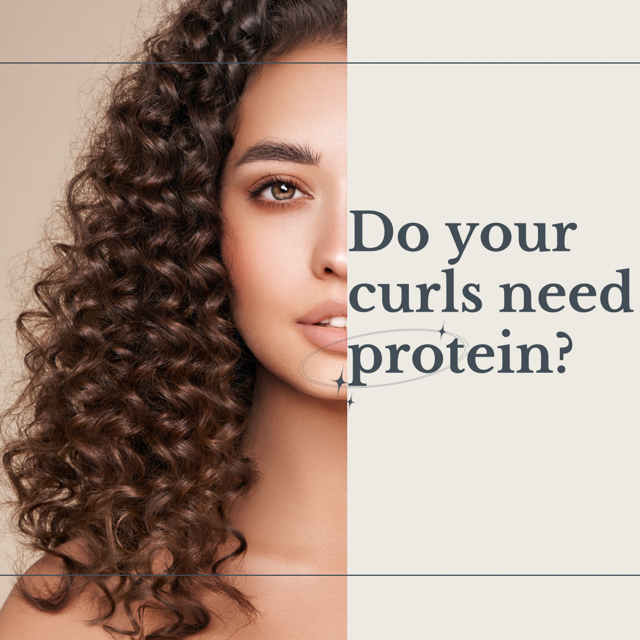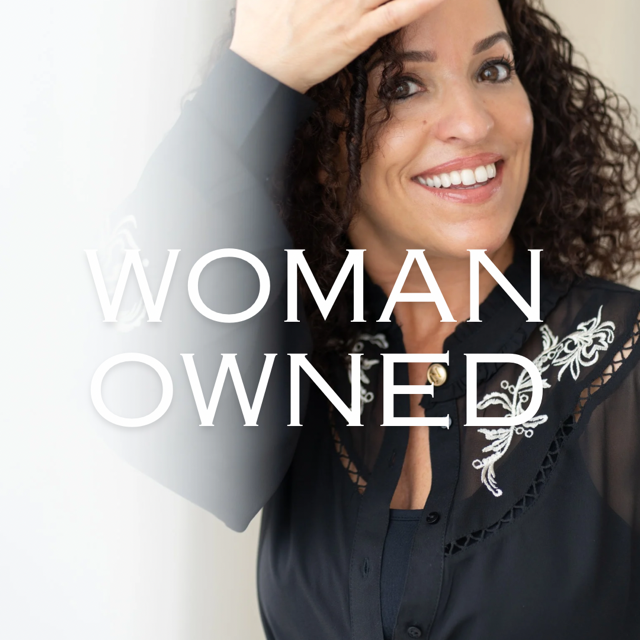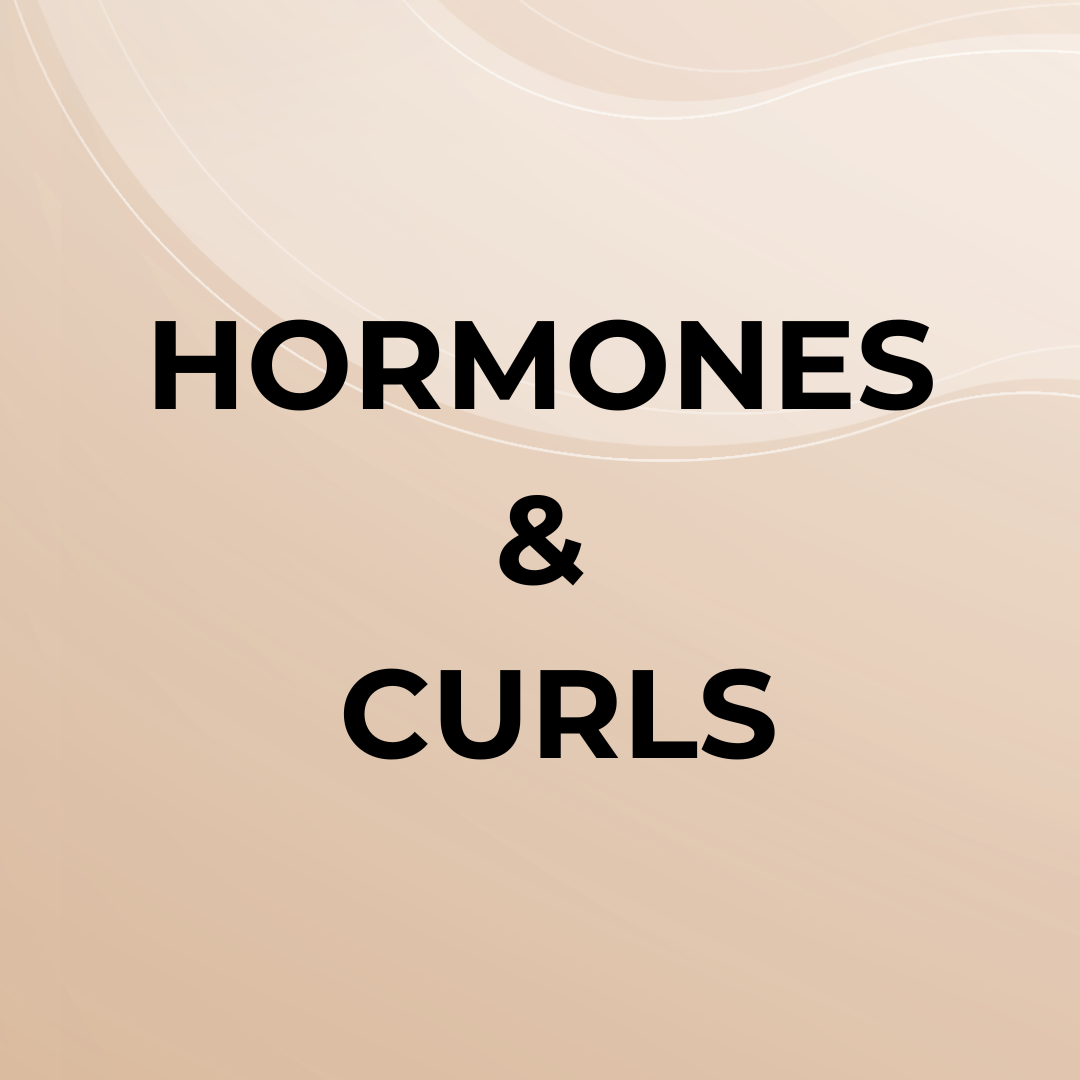
How do I know if my curls need protein?
The Power of Protein: Why Your Curls Need It
When it comes to maintaining healthy, defined curls, moisture often steals the spotlight. But there’s another key ingredient that’s just as crucial: protein. If your curls are feeling limp, weak, or prone to breakage, incorporating protein into your hair care routine could be the game-changer you’ve been missing. Let’s dive into why protein is so important for curly hair and how you can use it to keep your curls bouncy and strong.
Why Curly Hair Needs Protein
Protein plays a vital role in maintaining the structure and strength of your hair. Hair is made primarily of keratin, a type of protein that helps form its structure. Daily wear and tear, styling, and even environmental factors like humidity and pollution can break down the protein in your hair, leaving your curls weaker and more susceptible to damage.
For curly hair, which tends to be drier and more fragile due to its twists and bends, protein helps fortify the hair shaft, making it more resistant to breakage. Curly hair can also lose moisture more easily, and without protein, it can become soft, stretchy, and lose its curl definition. This is why a balance of protein and moisture is essential for strong, defined curls.
Signs Your Curls Need Protein
It’s important to know when your curls are craving protein. Here are some common signs that you need more protein in your routine:
- Limp or lifeless curls: If your curls aren’t bouncing back or feel flat, they might need strengthening from protein.
- Excessive breakage: If you’re noticing more hair in your brush or on the floor than usual, protein can help restore your hair's resilience.
- Mushy or overly soft curls: When hair feels mushy or overly soft even after conditioning, it’s often a sign of too much moisture and not enough protein.
- Lack of curl definition: If your curls are losing their shape or becoming more frizzy, protein treatments can help rebuild structure.
How Protein Works for Your Curls
Protein treatments work by temporarily filling in the gaps in your hair's cuticle layer, where damage has occurred. This strengthens the hair shaft and helps retain moisture, giving your curls more elasticity and bounce. The key is to find the right balance of protein and moisture to maintain healthy curls.
There are different types of protein treatments available, depending on your hair’s needs:
-
Protein Treatments: Intense treatments that rebuild hair from the inside out. These should be used every few weeks, especially if your hair is damaged or chemically treated.
-
Protein-rich Conditioners: Ideal for regular use, protein-infused conditioners can help maintain the strength and elasticity of your curls without overwhelming them.
-
Protein-based Leave-ins: Lightweight leave-in products can give your curls a daily dose of protein, helping to keep them healthy and defined.
How to Use Protein for Curly Hair
Incorporating protein into your hair care routine doesn’t have to be complicated. Here are some simple steps to make sure you’re using protein the right way:
-
Assess Your Hair's Needs: Start by evaluating your curls. Do they feel limp, stretchy, or overly soft? If so, it’s time to add some protein to your routine.
-
Start Small: If you’ve never used protein before, start with a mild protein-rich conditioner or a leave-in treatment. This allows you to see how your hair responds to protein without overwhelming it.
-
Use Protein Treatments Sparingly: Intense protein treatments can work wonders, but they should be used sparingly. Overloading your hair with protein can lead to dryness and breakage, so aim for once a month or as needed based on your hair's condition.
-
Balance Protein with Moisture: It’s crucial to balance protein treatments with moisturizing deep conditioners. After using protein, follow up with a hydrating treatment to prevent your hair from becoming too dry or brittle.
-
Pay Attention to Your Hair's Response: Every curly head is unique. Pay attention to how your hair responds to protein and adjust your routine accordingly. If your hair feels stiff or dry, you might be using too much protein and need to scale back.
Best Protein Ingredients for Curly Hair
When shopping for protein products, look out for these ingredients that are beneficial for curly hair:
- Hydrolyzed Keratin: This is the same protein that makes up your hair and helps restore strength and structure.
- Silk Protein: Known for its ability to improve hair’s elasticity and add a soft, smooth texture.
- Wheat Protein: Helps retain moisture while strengthening hair, making it a great choice for curly hair.
- Rice Protein: Adds volume and strengthens the hair, perfect for fine curls that need a boost.
The Protein-Moisture Balance
It’s important to maintain a healthy balance between protein and moisture in your hair care routine. Too much protein can make your hair feel stiff and brittle, while too much moisture can leave it soft and limp. Experiment with how often you use protein treatments and pair them with moisturizing deep conditioners to keep your curls healthy, strong, and well-balanced.
Final Thoughts: Protein for Beautiful, Bouncy Curls
Protein is an essential part of any curly hair routine, helping to strengthen, define, and protect your curls. Whether you need an occasional protein boost or regular use of protein-enriched products, finding the right balance will keep your curls looking their best. So, if your curls are feeling weak, limp, or undefined, don’t be afraid to give them the protein love they deserve!








